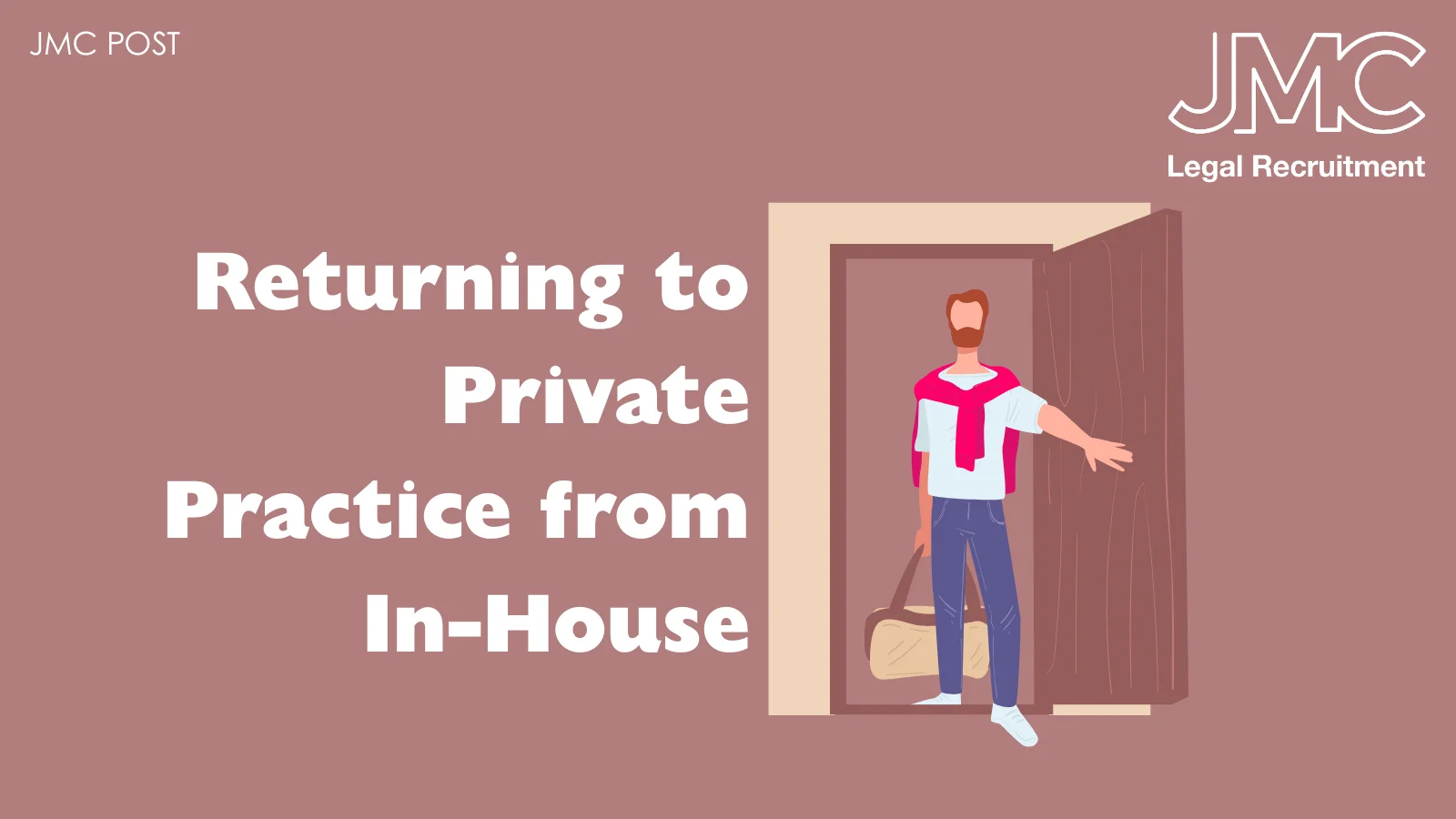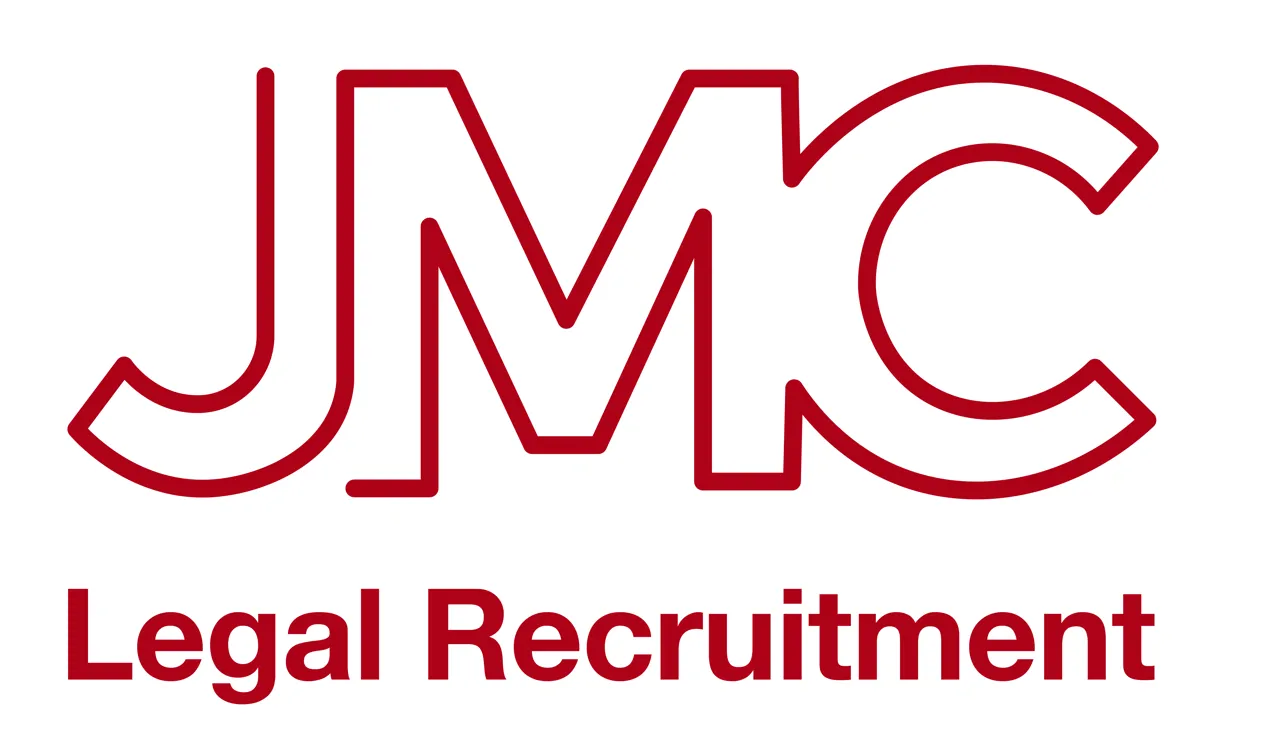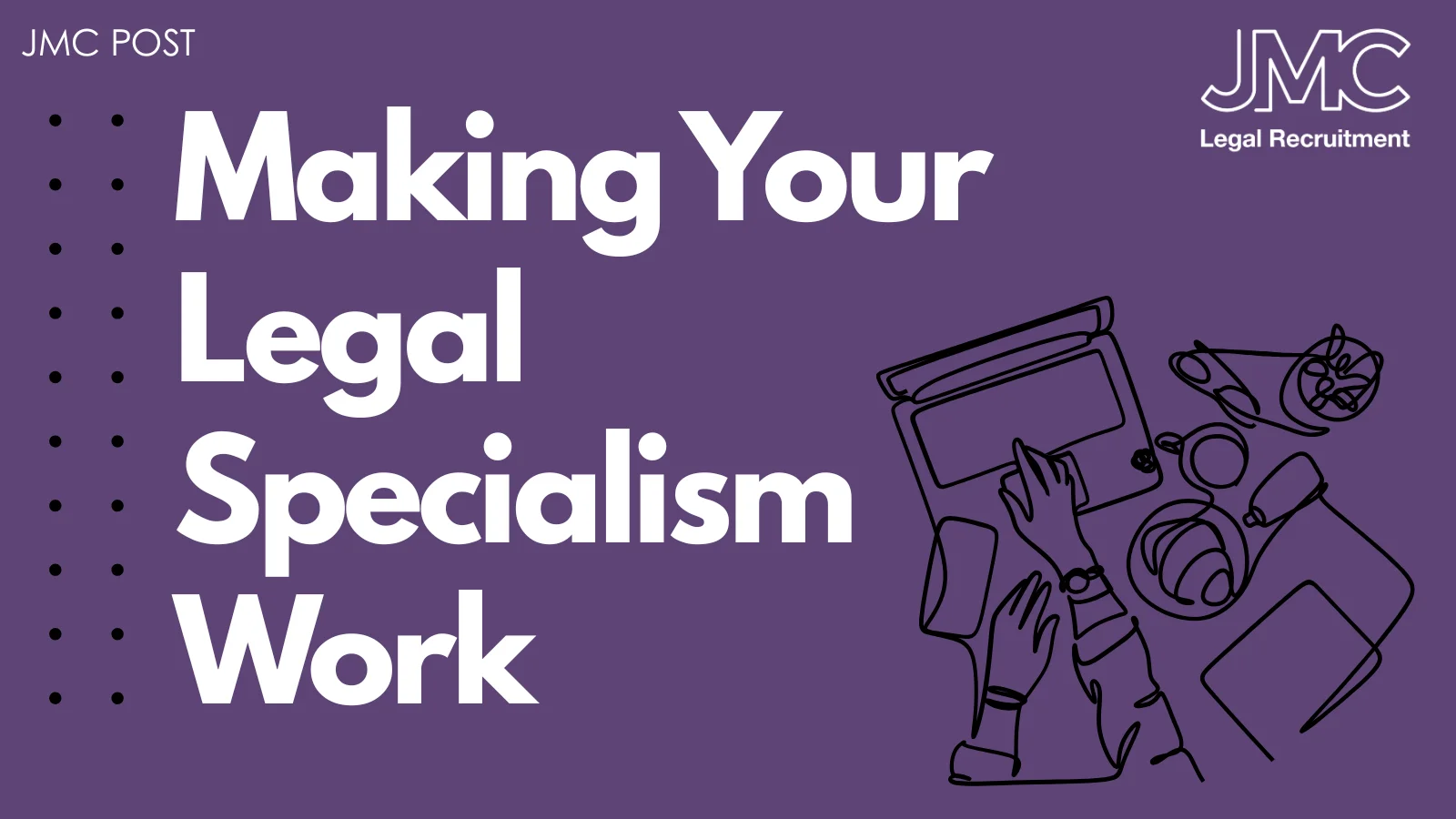
Returning to Private Practice from In-House Legal Roles
02 Oct, 20255 minutes
Returning to Private Practice from In-House Legal Roles
Can In-House Lawyers Return to Private Practice?
One of the most common and complex conversations we have with candidates is about making the move back from in-house legal counsel to private practice; a question that often arises among those exploring in house law jobs or reconsidering their next career step.
The appeal of in-house legal roles is obvious: integration with the business, often higher base salaries, more predictable hours, and exposure to strategy at board level.
But what happens when an in-house lawyer in a corporate role, perhaps after years in in house law jobs, starts to wonder whether they’ve reached a ceiling and wants to return to private practice?
It’s possible, but it isn’t straightforward. The truth of the matter is that moving in-house is a career decision. It can be a rewarding one, but it also comes with long-term implications for those who later try to reverse the move.
Why moving back is harder than it looks
On paper, it might seem like an easy sell: you’ve been working at board level, liaising with external partners, and handling complex legal and commercial issues. Surely a law firm should snap you up at senior associate or partner level?
Not quite. Private practice looks for two things above all else:
- Specialism
- Billings history
And that’s where in-house legal experience can put you at a disadvantage to those trying to re-enter a law firm structure.
Losing your specialism
In-house law tends to be broad. A Legal Counsel may handle everything from commercial contracts and data protection to employment disputes and regulatory matters.
That breadth is valuable to a business, but law firms sell depth. Their model depends on specialists who can generate revenue from highly technical, narrowly focused expertise.
So when an in-house lawyer goes back to private practice, they may struggle to position themselves clearly: are you a corporate lawyer, a litigator, a data protection specialist? Without that clarity, law firms may hesitate.
Salary vs. revenue
Another barrier is salary. In-house lawyers, particularly at senior levels, often earn at or near law firm partner base salaries.
But here’s the issue: law firms don’t just pay for legal ability, they pay for portable revenue. A partner’s value is measured by their billings and their client following. An in-house lawyer, however senior, usually has no personal billings history.
That means they may find themselves priced out of the market: too expensive for an associate role, but without the proven revenue track record to justify a partner hire.
This is a key consideration for businesses hiring in house lawyers too, understanding how compensation in in house legal counsel roles compares with private practice expectations.
The “glass ceiling” problem
Many in-house lawyers also hit a ceiling in their careers. Unless the General Counsel retires or moves on, there may be limited room to progress.
We've seen talented lawyers stuck in what is referred to as the “dead man’s shoes” scenario: waiting for a GC role that may not open up for years, while their salary band keeps them locked into a narrow range of opportunities.
This is often when they start to look back towards private practice, only to discover how challenging it is to re-enter.
Who makes the transition successfully?
It isn’t all bad news. We see lawyers make successful moves back to private practice, but they usually share one key factor: a network they can monetise.
The reality is that private practice is driven by revenue. A lawyer who can bring clients, contacts, and potential workstreams back into a firm will be far more attractive.
What traits do these candidates share that successfully make the move back into private practice?
- They had deep relationships with external counsel while in-house.
- They had built strong sector connections that a firm could tap into.
- They could demonstrate how their business experience would help win work.
In short: the lawyers who move back successfully bring something that translates into billings.
Practice areas that transition better
Not all in-house legal counsel face the same challenges. Certain sectors and practice areas offer clearer paths for those exploring a move from legal counsel vacancies back into private practice.
Some practice areas lend themselves to a smoother return than others. For example:
- Planning and construction – Firms often value the insight of someone who’s been “on the other side,” dealing with contractors, planning authorities, and project risk.
- Employment law – In-house experience with complex HR issues can give credibility when advising clients back in private practice.
- Regulatory/sector-specific roles – A lawyer who’s lived inside an industry (e.g., energy, life sciences, tech) may be able to position themselves as a sector expert back in a law firm.
In these areas, the blend of legal and commercial insight can be a differentiator rather than a handicap.
The mindset shift required
Even when the move back is possible, it requires a mindset reset. Private practice isn’t just about delivering advice, it’s about:
- Recording billable hours.
- Winning new business.
- Building a personal practice area.
- Living with client pressure and tight turnaround times.
Many in-house lawyers find this difficult after years away. The pace, the pressure, and the commercial model are very different. It’s not better or worse, it’s simply different.
The questions to ask yourself
If you’re an in-house lawyer or exploring in house law jobs but thinking about a return to private practice, ask yourself honestly:
- What is my specialism? Can I position myself as an expert in one clear area?
- What’s my business case? Can I bring relationships, contacts, or client opportunities that will translate into revenue?
- What’s my flexibility on salary? Am I prepared to take a step back financially to re-enter the private practice ladder?
- Am I ready for the private practice mindset? Billings, targets, and client development are non-negotiable.
If the answers don’t stack up, staying in-house or pivoting into a different in-house role may be a better long-term strategy.
Why this conversation matters for clients too
From a client perspective, understanding these dynamics is also important. Many businesses assume their in-house counsel could “easily” step back into a firm if they chose. The reality is more complex.
It’s also why we often advise candidates considering an in-house move: think carefully about long-term career direction. In-house can be a fantastic career choice, but it should be made with eyes open to the potential challenges of moving back.
Final Thoughts
Moving in-house is, for most lawyers, a one-way decision. That doesn’t mean you can never return to private practice but it does mean the path is narrow and requires the right positioning, relationships, and flexibility.
The most successful transitions we see are where in-house lawyers bring something extra to the table: client contacts, sector knowledge, or a unique perspective that translates into revenue.
For candidates considering the move back, the best advice I can give is: be realistic, be strategic, and don’t assume that seniority in-house automatically equates to seniority in private practice.
And for those thinking of going in-house for the first time: make the decision with the long game in mind.
Related Articles:
[Not all Gen Z Lawyers Are Climbing the Law firm Ladder]
[Want Hybrid? Want In-House? Manchester’s Legal Jobs Deliver Both]
[General Counsel vs. Legal Counsel]




